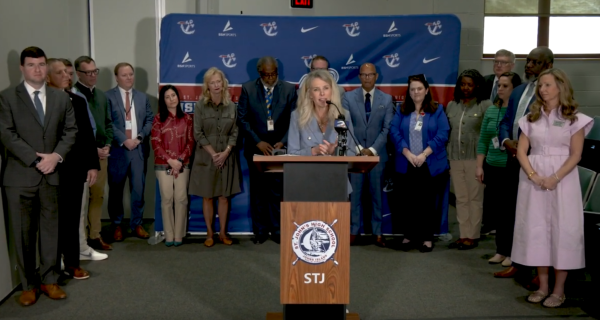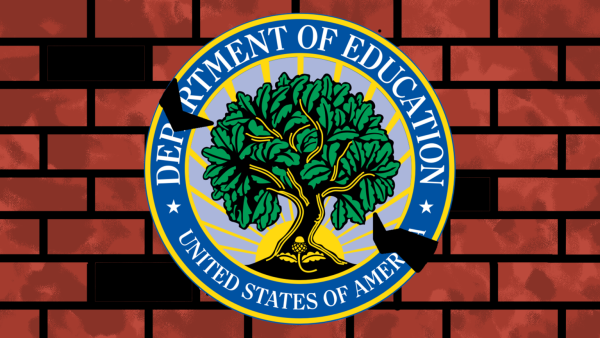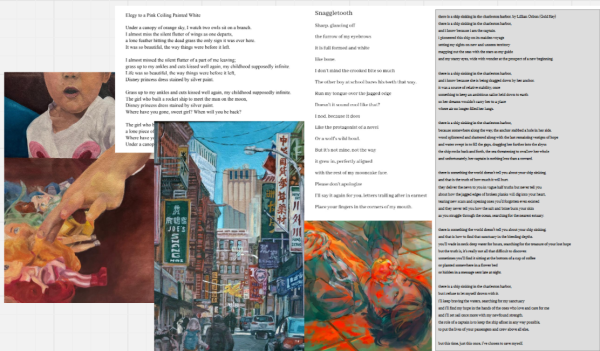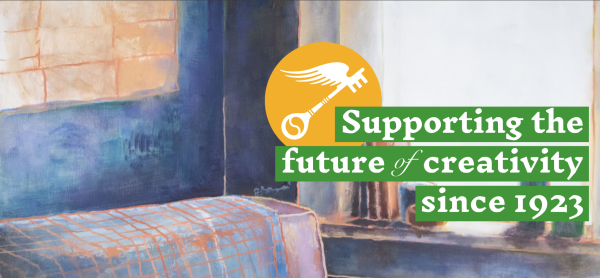Who will Qualify for the $1400 Stimulus Payment?

Last Saturday, the Senate approved a whopping 1.9 trillion dollar covid relief package which is expected to be approved by the house this Wednesday. Shortly afterward it is expected to be signed by President Biden. From an estimate by the Penn Wharton business model, 90% of American households will qualify for this 3rd round of payments. The full amount of $1400 will be paid to everyone who makes a gross income of less than $75,000 a year. An additional $1400 will be paid for each dependent in one’s family. Individuals who make over $80,000 a year or heads of households who make more than $120,000 will not qualify for any of the money. The income is calculated by the person’s most recent tax filing whether that be from 2019 or 2020.
The money is expected to begin to be distributed just a few days after it gets signed by President Biden. In previous rounds of stimulus payments, including the second round which Donald Trump signed in November, checks were distributed just three days following the signing. Those who have already given banking information to the IRS, through filing taxes, are expected to be the first ones to receive their money. Some analysts are predicting that this payment rollout will actually be slower as a result of it being the tax-return season. Immigrants who are not documented and do not have a social security number are also unable to qualify for this stimulus package.
If you feel that you should have qualified to receive the payment but have not, you are not alone. An estimated eight million people did not receive their first round of payments despite being eligible. Many of these people are those who do not generally make enough money to need to file for tax returns and thus missed out. For these people, the IRS has set up a portal where people can apply for the money. It is unknown whether or not the IRS will set this portal up for this new round of payments. Other people who may have missed out on previous payments are those who have switched to different bank accounts. If you qualify for these earlier rounds of payments but did not claim them, when you go to file your 2020 taxes you could recover the money through the “Recovery Rebate Credit.”







